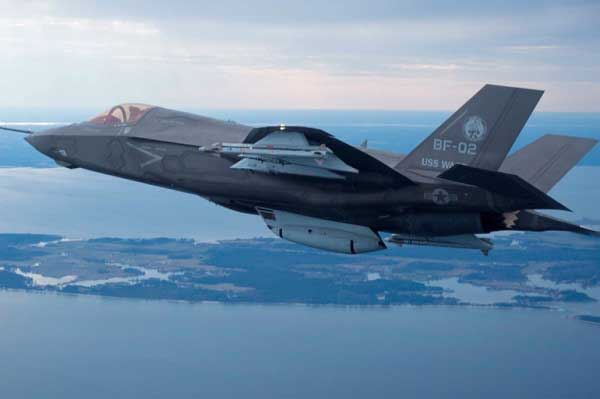 Global military expenditure rose by 2.6 percent to $1.98 trillion last year even as some countries reallocated their defense funds to fight the COVID-19 pandemic, the Stockholm International Peace Research Institute said in a report issued on Monday.
Global military expenditure rose by 2.6 percent to $1.98 trillion last year even as some countries reallocated their defense funds to fight the COVID-19 pandemic, the Stockholm International Peace Research Institute said in a report issued on Monday.
Stockholm.- The five biggest spenders in 2020, which together accounted for 62 percent of military spending worldwide, were the United States, China, India, Russia and the United Kingdom, in that order, according to the Sweden-based body.
“We can say with some certainty that the pandemic did not have a significant impact on global military spending in 2020,” Diego Lopes da Silva, a SIPRI researcher and one of the report’s authors, said in a statement.
As the global gross domestic product (GDP) declined because of the worldwide health emergency, military spending as a share of GDP reached a global average of 2.4 percent in 2020, up from 2.2 percent in 2019.
The jump represented the largest year-on-year increase since the financial crisis of 2009. As a result of the increase, more NATO members hit the transatlantic security alliance’s guideline target of spending at least two percent of GDP on their military, with 12 countries doing so in 2020 compared with nine in 2019.
However, some countries such as Chile and South Korea redirected part of their planned military spending to their pandemic response. Several others including Brazil and Russia spent considerably less than their initial military budgets for 2020.
The world’s two biggest spenders by far were the U.S. and China, with Washington accounting for 39 percent of total global military expenditure in 2020 and Beijing for 13 percent.
U.S. military expenditure reached an estimated $778 billion last year, 4.4 percent more than in 2019. It was the third consecutive year of growth in U.S. military spending, coinciding with the term of office of former President Donald Trump, following seven years of prior continuous reductions. (RHC)





